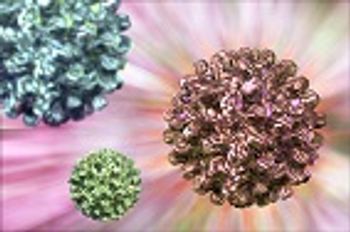
The National Institutes of Health have granted $3 million to researchers at the University of Missouri Bond Life Sciences Center to study hepatitis B and develop new, effective treatment options.

The National Institutes of Health have granted $3 million to researchers at the University of Missouri Bond Life Sciences Center to study hepatitis B and develop new, effective treatment options.

A case of hepatitis A in a bakery employee at a Shop ‘N Kart located in Washington state has been confirmed by the Lewis County Public Health & Social Services Department.
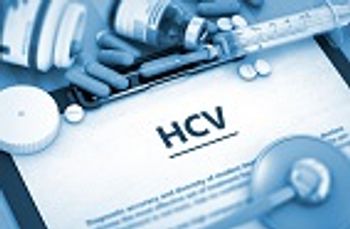
Gilead Science’s hepatitis C (HCV) drugs are forecasted to plummet in future years, according to a recent report.
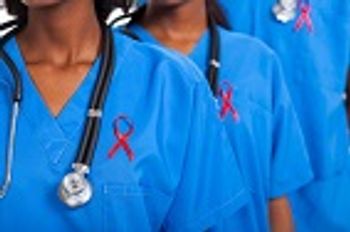
The National Institutes of Health (NIH) has provided funding of $24 million this year to the Adolescent Medicine Trials Network for HIV/AIDS Interventions, the first clinical research group that will focus on youth infected by HIV.
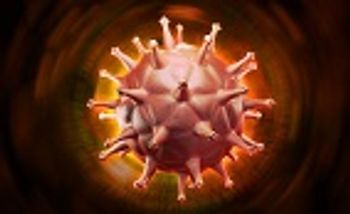
Researchers at the University of Zurich and the University Hospital-Zurich have made a discovery that may contribute to the development of an effective HIV vaccine.
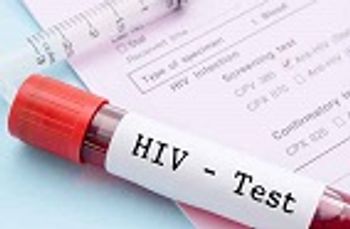
In a recent Morbidity and Mortality Weekly Report, the Centers for Disease Control and Prevention and US Department of Health and Human Services share two reports that specifically focus on men who have sex with men (MSM) living with HIV.

Mark Zuckerberg and his wife Priscilla Chan are contributing over $3 billion towards the eradication of all diseases.

Mumps outbreaks have recently been reported within the school systems of three states: Arkansas, Oklahoma, and New York.
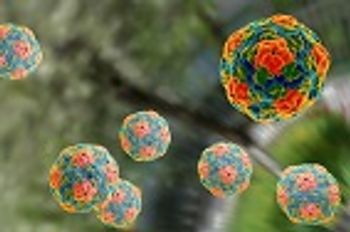
Researchers at the University of North Carolina at Chapel Hill have found out how hepatitis A causes acute liver injury.

In a collaborative effort, researchers have discovered what they refer to as a “Trojan Horse” strategy that uses two developed bispecific antibodies that have proved active against all five strains of the ebolavirus.
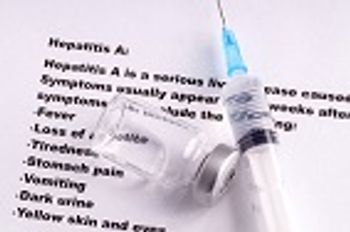
Hepatitis A cases have been reported throughout at least nine different US states and the number of cases continue to rise.

A varicella outbreak that had occurred last year in Michigan is thought to be associated with riding on a school bus, which makes small, enclosed spaces, such as a school bus, a risk factor for both transmitting and acquiring airborne diseases.

A new, adaptable antibody, has been discovered by researchers at the Dana-Farber Cancer Institute that can mutate to neutralize a number of influenza strains.

Walgreens has partnered up again with the US Department of Health in an effort to improve rates of flu vaccination by providing over $10 million in free flu shot vouchers for Americans who are uninsured.

Researchers from the University of Valencia have taken part in an international study that has found that gut bacteria play a role in immune system recovery in HIV patients.
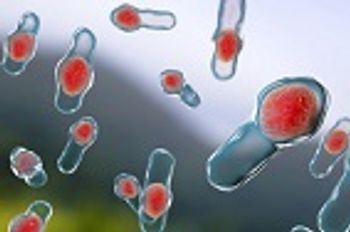
The FDA has granted biopharmaceutical company, MGB Biopharma’s lead candidate, MGB-BP-3, Qualified Infectious Disease Product (QIDP) designation for the treatment of Clostridium difficile-associated Diarrhea.
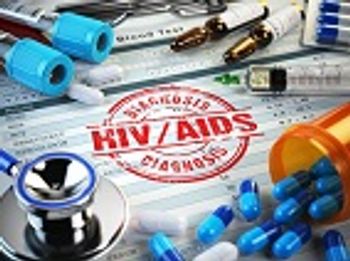
A new study led by researchers at the University of Oxford has offered insight into what happens when pharmaceutical drugs do not work as expected.

A new study has shown that infected wild house mice will disengage from their social groups, resulting in a decreased potential for disease transmission; these findings can be applied to improve models used to predict transmission of infectious diseases spread by social contact, such as Ebola and influenza.
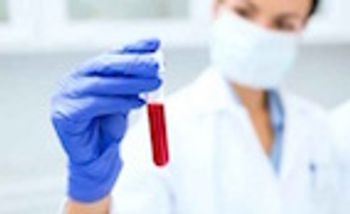
A new test that can effectively estimate HIV-negative patients’ adherence to prescribed drugs to prevent the transmission of human immunodeficiency virus (HIV) during sexual intercourse has been discovered by researchers at the Skaggs School of Pharmacy and Pharmaceutical Sciences at CU Anschutz.
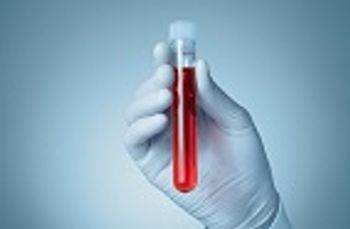
Researchers from Nanjing Biopoint have made a breakthrough when it comes to fighting HIV through the development of a product that uses certain material when collecting blood samples that can separate the plasma from the rest of the blood, allowing the sample to be safely sent to a testing center.
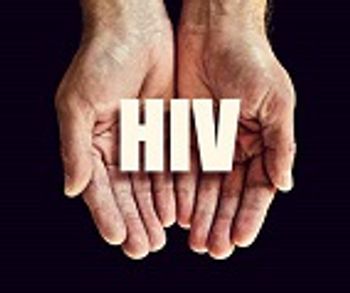
Tanner White, a marine who has been diagnosed with HIV is making strides in fighting HIV-associated stigma by providing the public with education on the virus through the creation of his nonprofit organization called, “A Positive Tomorrow.”

A new report from Liberia’s Men’s Health Screening Program provides insight into the persistence of the Ebola virus in the semen of survivors.

The World Health Organization (WHO) has just released new guidelines for treating chlamydia, gonorrhea, and syphilis; three of the most common sexually transmitted infections (STIs) due to the increased threat of antibiotic resistance.
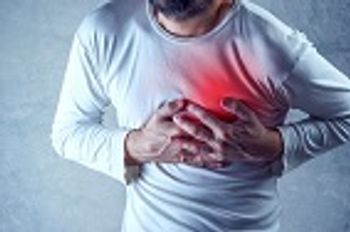
Researchers at the Vanderbilt University School of Medicine have found that HIV-infected adults with depression are at a higher risk for cardiovascular disease and are more likely to experience heart attacks.
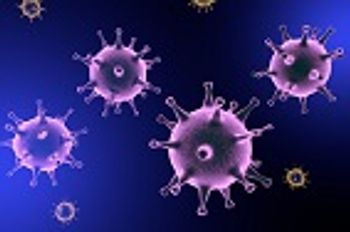
Researchers at the Seattle Children’s Research Institute found a strain of herpes, human herpes 7, in the nervous system of an animal model.

Researchers from the Copenhagen University Hospital of Denmark find that individuals who are hospitalized with infections have an increased risk of suicide ideation and death; individuals infected with hepatitis and HIV or AIDS have the highest risk of suicide-related death.
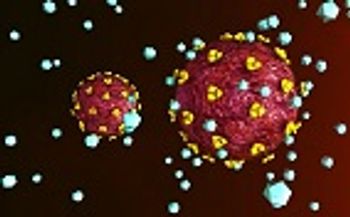
A new study finds that a balance of mutations, ones that impair the immune system’s ability to detect the HIV virus, and ones that impair the virus’s ability to replicate, will influence the speed of disease progression.
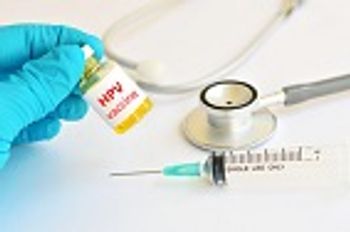
A new study found that parents are more likely to support making human papillomavirus (HPV) vaccinations mandatory for school enrollment, if they are able to opt-out.
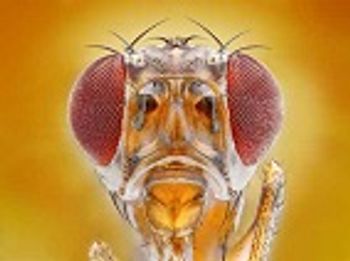
By using a fruit fly model of human papillomavirus (HPV) induced human cancer, a team of researchers from the University of Missouri hope to better understand the mechanism that allows HPV to cause cancer as well as identify therapies that can potentially treat HPV-induced cancers.

The Virginia Department of Health has issued a warning stating that there is an increased risk of hepatitis A in the state of Virginia that may potentially link back to frozen strawberries sourced from Egypt.